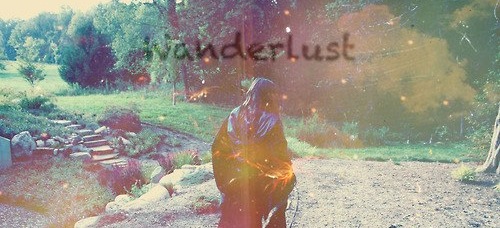
Shadowhunters and Downworlders: A Mortal Instruments Reader by Holly Black, Kendra Blake, Gwenda Bond, Sarah Rees Brennan, Rachel Caine, Sarah Cross, Kami Garcia, Michelle Hodkin, Kelly Link, Kate Milford, Diana Peterfeund, Sarah Ryan, Scott Tracey, and Robin Wasserman
Series: The Mortal Instruments (companion)
Published: January 29, 2013
Publisher: SmartPopPages: 198

Join Cassandra Clare and a Circle of more than a dozen top YA writers, including New York Times bestsellers Holly Black, Rachel Caine, and Kami Garcia, as they write about the Mortal Instruments series, its characters, and its world.
Inside you’ll read:•
- A cinematic tutorial on why the best friend (Simon) always loses out to the bad boy (Jace)•
- The unexpected benefits of the incest taboo•
- What we can read between the lines of Alec and Magnus’ European vacation•
- The importance of friendship, art, humor, and rebellion•
- And more, from the virtues of Downworlders to the naughty side of Shadowhunting
Now, before you look at that 5 star rating and say, “oh, it’s just another of Cassies cray cray obsessive followers…” hear me out.
I was much surprised by what this offered. I first bought it because I figured it was a part of the TMI series, even if a small part. I started reading it after Clockwork Princess left me craving for more (because it might do that to you), and the fact that this was able to satisfy my craving I think is a big testament to how it was written.
Now, as I’ve said above, only read this if you are looking, or trying to ascertain, if there is more to these books that meets the eye. Or if you want to be a writer. Because there is a lot of hidden advice thrown in this.
I’ll start by saying that the “Unhomely Places” and “When Laws Are Made to Be Broken” essays were my favorite. Written by Kate Milford and Robin Wasserman respectively, I viewed them as the most relevant essays not only to the series, but for myself. They’re the two essays that were most attacked by my pen (because this book made me want to pull out a pen and underline like crazy).
“Unhomely Places” talks about the importance of setting in a story, of fantasy in the modern world. How a place you felt you’ve always known can become “uncanny” when you discover something new about it. Trick being, discover. Nothing changed, you just did. For Clary, this is adjusting to New York as her home - but Milford goes beyond that by saying,
…it isnt just New York that [Clary] must adjust to as she begins to see through the glamours that have been hiding reality from her for her entire life. As the proverbial scales being to fall from her eyes, she realizes she has been blind to certain details about her own mother…
And there’s some crazy awesome Freudian analysis thrown in, too.
“When Laws Are Made to Be Broken” is even more unveiling of Cassie’s world (and of obstacles in stories). The main point here is the Clave. How continually in the books, the character adhere to the Law. “The Law is hard, but it is the Law.” Yes, they’ll toe the line, and go against direct orders sometimes (i.e. Clary breaking Jace out of the Silent City), but they are always defying the human behind the rule, not the law. No one questions the law between parabatai lovers, for instance. The Clave Law, is in fact, a tool for Clary and gang “to feel like a rebel without actually doing much of anything rebellious.” And she goes on about how the Clave takes away choices, in matters small and large, which can sometimes be…a blessing? It’s an essay that I encourage all to read because it’s so perplexing, but ultimately satisfying (coming from someone who’d never love these character like she does if they didn’t defy corrupt authority in more ways than subtle…).
There are also beautiful essays about Clary being the unconventional warrior, Simon being a Vampire and Jewish, The Jace complex, friendship, Malec, Immortality, incest (if you’ve ever had a problem with this point, I encourage reading this essay to see who the way it is used present more of an obstacle than an object of ICK), and a crazy essay by Sarah Rees Brennan I’m not sure I understand (are you encouraging naughtiness, Sarah, or just the willingness to be open to express it???), but is worth reading anyway, and much more.
All I can say, if you pick this up, make sure you read it with an open mind. Because a lot of it is good writing advice, and if you didn’t see the themes the first time around in the series, maybe it’ll encourage you to pick it up and look again. But maybe it won’t. Either’s okay. I just know that I’m glad it was written because now I can reread the series and see why it’s not the fluff I always knew it not to be (usually stuff that makes you want to pull your hair out isn’t fluff).

No comments:
Post a Comment